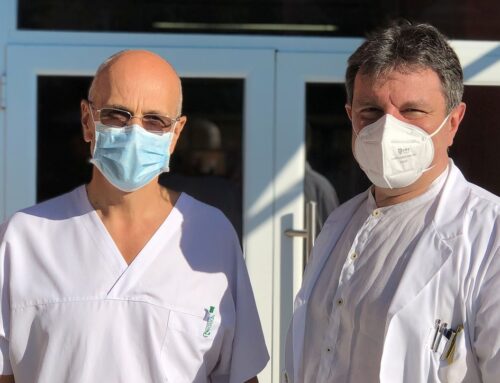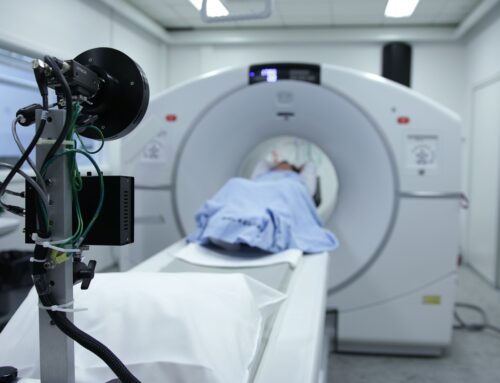When faced with undergoing a medical procedure, there can be a lot of anxiety and trepidation. One of the most common fears for many patients is the administration of anesthesia. Even in our modern era, there are still many risks involved with anesthesia. Patients can be given too little anesthesia, too much anesthesia, or they can have an adverse reaction to the medication.
If something does go wrong, do you have grounds for a medical malpractice lawsuit? And if so, who is at fault – the hospital or the individual practitioner?
Before we get into the specifics of medical malpractice as it relates to anesthesia, let’s take a closer look at the process.
Types of Anesthesia
There are three main types of anesthesia utilized in medical procedures:
1. With general anesthesia, the patient is completely asleep.
2. With regional anesthesia, a portion of the body is anesthetized.
3. With local anesthesia, one small part of the body is treated.
What Can Go Wrong? Possible Anesthesia Injuries
The most common complications from anesthesia range from mild to severe, and can include nausea and vomiting, delirium, oral damage, damage to the larynx, serious allergic reaction (known as anaphylaxis), respiratory difficulties, pneumonia, brain damage due to lack of oxygen, blood clots, or permanent nerve injury. In some cases, patients have suffered heart attack or stroke induced by the anesthesia, or blindness due to improper positioning of the body. In some extreme cases, death has occurred.
What is Anesthesia Awareness? Anesthesia awareness occurs when the patient regains consciousness during the course of the operation, sue to improper administration or dosage. Thankfully, the risk of this occurring is quite low, estimated at about 0.2%, or two out of every thousand patients.
Administration Errors
- wrong dosage
- improper intubation resulting in tooth damage
- failure to monitor the patient
- failure to recognize developing complications
- failure to properly monitor the delivery of oxygen
- failure to provide proper pre-op instructions
Medical malpractice can take many forms, but always stems from medical negligence on the part of the practitioner.
Negligence is defined as the failure to exercise a reasonable degree of care, and to operate with a level of skill reasonably expected in the practitioner’s specialty.
In order to prove that an anesthesiologist was negligent, an expert medical witness will examine pre-surgical risk factors, as well as all notes regarding the surgery (both from the surgeon and the anesthesiologist. This expert will be able to determine the known complication rate of the type of medication in question, and determine if the right medication and administration protocols were followed.
When making a medical malpractice claim, your medical malpractice attorney will help you to determine if the hospital or anesthesiologist (or both) are the liable party. While there are specific circumstances that the hospital is liable, the lawsuit is generally brought against the specialist who performed the work. Your case will depend on whether the anesthesiologist is an employee or an independent contractor which is a complex legal issue.
As with most lawsuits of this nature, you have a much better opportunity to win your case if you have the assistance of an experienced Sarasota medical malpractice attorney. If you or a loved one was injured during a medical procedure, give us a call as soon as possible.








